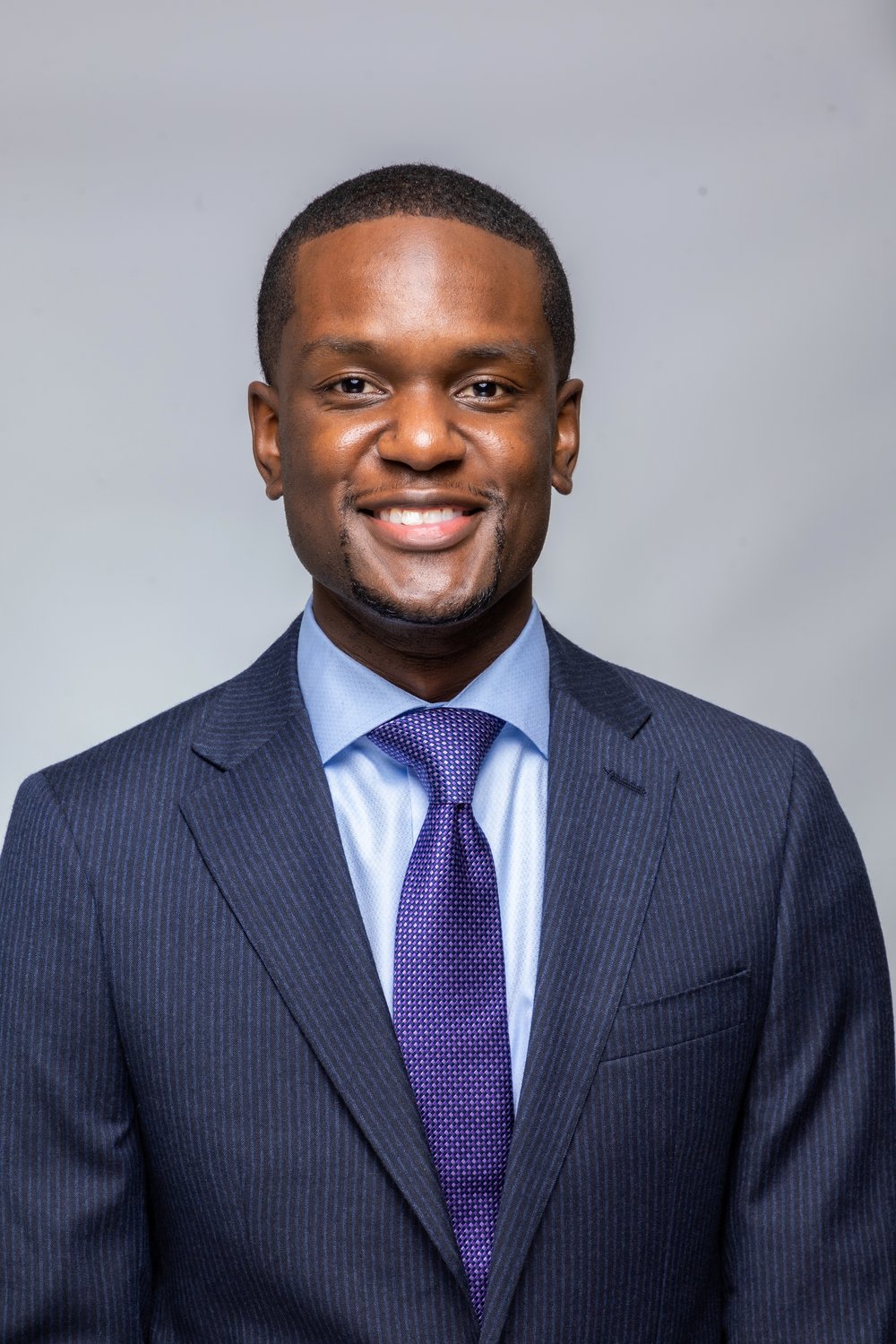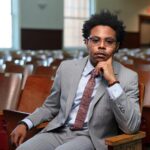By Rev. Jamar A. Boyd II, Ecumenical Contributor
Many, especially within the Connection, have deemed the church of Allen, Lee, Vesey, and Grant, better known as African Methodism, as the best of black Christendom. Throughout its life, the church has been founded as the [a] church of liberation and justice, confronting, engaging, and prevailing against inequities internally and externally that sought to distort the body’s mission. Rooted in a legacy of resistance against racial discrimination and injustice, the AME Church has consistently advocated for the civil rights and spiritual well-being of Black people.
Yet, at the 52nd Quadrennial Session of the General Conference has forced the people — elected officers, clergy, and laity — to confront a necessary truth at a crucial juncture of the church, “are we engaging in selective prohibition or are we house for all people?”
The tension of personality, institutional politics, religious identity, and viable representation for the future confront African Methodism. While one would like to believe this, the quintessential question of present purpose and reimagined existence is an anomaly or singular occurrence. It’s one that all houses of faith grapple with.
African Methodism is at the forefront of a struggle with tension from personality, institutional politics, religious identity, and the need for equitable future representation. While the election of Tyronda Burgess as the first woman General Secretary and Chief Information Officer and Erika Crawford as the 143rd Bishop on the first ballot are significant milestones, do they truly represent the full extent of the church’s inclusivity? Pivotal to the church’s present and future is identifying and wrestling with the words found in Isaiah 56:7, “for my house shall be called a house of prayer for all peoples.”
While this struggle is not exclusive to African Methodism, it is a pressing issue that all houses of faith must address as they contemplate their contemporary purpose and reimagined existence. This is not a matter of compromising the institution’s core beliefs or mission but rather an opportunity to continually discover God’s presence in humanity’s evolution and actively pursue Christ’s ethics in a world that often values individuals based on class, gender, race, and sexuality. Unfortunately, there is a risk of a harmful conspiracy when an entity intended to reflect Christ and acknowledge the divine within all [Imago Dei] becomes a house of imperial segregation and prohibition. Such a contradiction undermines the very principles upon which the institution is founded and can lead to a loss of credibility and spiritual vitality because the aim is to be a house of prayer for all peoples, maintaining justice and doing what is correct as we anticipate full salvation and the Lord’s deliverance to be revealed.
Do the people see deliverance in upholding retribution against clergy partaking in cementing unions? Does the church see salvation in prohibiting the full humanity of all within the connectional body? With the presence of differences — known and unknown — when will the church be for all of God’s people? Dr. Jason Thompson, pastor of St. Andrews AME Church – Sacramento, CA, summarizes the day, “While my faith remains unwavering, my heart aches at the church’s recent decision. It reveals a painful truth: your compassion has limits, and those limits fall short of true justice. Just know you can’t preach love while your actions perpetuate harm.” The grief of today’s failures and election adulation revealed the intense roller coaster of hope deflated by cynicism as glimmers of promise peered through the shadows. Revealing our human efforts cannot be independent of a spirited holy fervor that ignites a prophetic commitment to bringing God’s kingdom to earth.
Isaiah’s words are particularly relevant in an era where imperial methods, models, and practices are often prioritized. Isaiah 56 provides principled guidance for holistic and inclusive salvation, beginning with the command in verse 1 to “maintain justice and do what is right.” Verse 7 then paints a picture of a holy community. The virtues of ‘justice’ and ‘righteousness’ are clearly articulated as fundamental principles for living with integrity toward others and observing God’s laws. Divinely, ethically, and legally, a remedy is available for us to engage in that enables houses of worship to transform from dens of thieves and vipers into houses of prayer for all people. This is a conscious choice to eliminate the distinctions of a foreigner, other, and stranger, establishing kindom and kingdom.
The moment is clear: do we prioritize the hope of Christ or engage in deceitful practices that uphold selective prohibitions? African Methodism has the opportunity to redefine black Christianity, influencing the future of a sanctuary intended for the freedom and liberation of all people. To be cognizant of this truth is to remember the African proverb, “When the elephants wrestle it’s the grass that suffers.”






I hear you. Sometimes in addressing these conversations, one can seem uncaring, unloving, and even dogmatic. We wrestle with what we view as right and we wrestle with the weight and push of society. We want to be compassionate, and we should, But let the Word God be true.
“…Woman where are those thine accusers? Hath no man condemned thee?” “Neither do I condemn thee: go and sin no more.”One can be compassionate, especially since we all deal with something, and yet the Word of God continues to speak.
We are blessed with such wise and spiritual resourceful personnel. Where do we go wrong?
Rev. Boyd: To put it simply when will a church that on Sunday mornings are filled with more than a simple majority of women elect proportionally more females to the bench, and General Officer positions. When will a church that preaches a Christian ethic of love be willing to accept those who say their love is no different in definition or practice than any other love that is shared by their cisgender brothers and sisters. When will we who fight against injustices on the outside treat our African Brothers and sisters with the same opportunities that we in the Continental US enjoy. (My origin is Caribbean so I include those islands as well, and our growth to India etc.). Power is not given up without a fight. The numbers are not there for those on the outside of the system. Systems protect themselves and those who make it in they protect the system and perpetuate the wrongs. (Our Hispanic brothers and sisters growing opposition to immigration is a present example of this phenomenon). I shared with our youth and young adults yesterday that change can be obtained from the inside when you participate in the decision making process. Other change requires revolutionary actions and radical moves Dr. King chose non violence for the Civil Rights Revolution. I don’t know where our revolution for change will come, but I am sure it will have to be a ground swell from those who want to restore the vision of an AME Church that fights for the faithful. I love the AME Church and I pray for our righteous change to come.
Rev Roger Williams
Excellent proclamation for church unity!